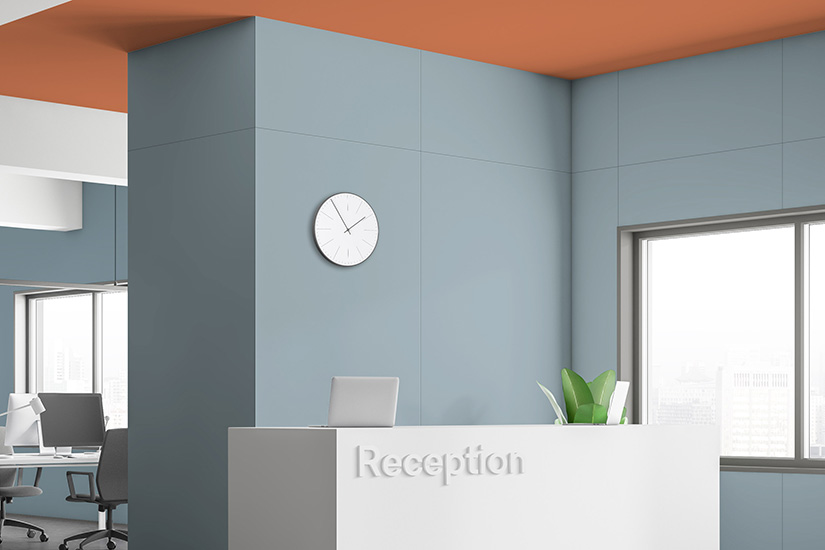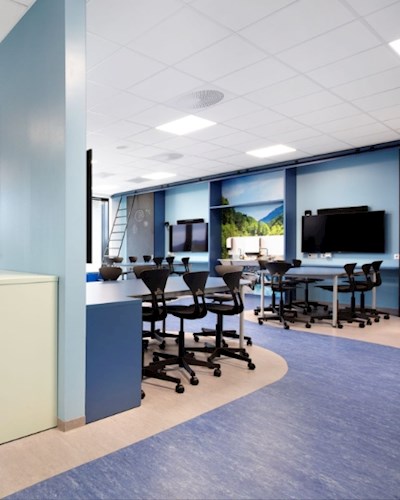Reinventing the workplace for a post-pandemic future
Reinventing the workplace for a post-pandemic future
We surveyed hundreds of people in six European countries to try to understand the feelings held by workers as they contemplate a potential return to office working.

A clear majority of Europeans (84%) are keen to have the office back in their lives, new research has found after a year of widespread homeworking instigated by Covid-19.
While more than half of Europeans (55%) say homeworking is more enjoyable than office working, 85% say the office remains either important or essential – with a lack of social interaction and collaborative working among the most cited challenges facing homeworkers.
The findings are detailed in a comprehensive new report that we have released. Hundreds of workers in six European countries were questioned to understand the emotional and professional impacts of the last year, as well as their feelings ahead of a potential return to office working in 2021.
The report, which includes a series of recommendations to create offices better equipped for a post-pandemic future, describes widespread homeworking as “a technological, management and, perhaps most significantly, a psychological challenge”. As a result, face-to-face and collaborative work is likely to be more valued than ever – with almost seven in 10 (69%) of employees desiring a hybrid working pattern in future.
Jennifer Neale, Marketing Communications Manager at Formica Group, says: “As the path back to office-based work begins to take shape, this report provides crucial emotional context around our desire for shared spaces and professional experiences. It also reveals the depth and complexity of the challenges facing businesses across Europe. With some smart thinking and moves towards adaptable design, lightweight furniture, stringent cleaning regimes and guaranteed social distancing, the future of the office still looks like a long-term winner.”
Nina Bailey, Design Manager at Formica Group, says: “While some people are satisfied working from home, others yearn for the collaboration and social elements offered by the workplace. Employers should aim to create flexibility and offer spaces for meetings, workshops and catchups. Because as much as we talk over video calls, it is never quite the same as face-to-face working. By creating spaces that can be open-plan enough, the working sense of community can start to rebuild.”



